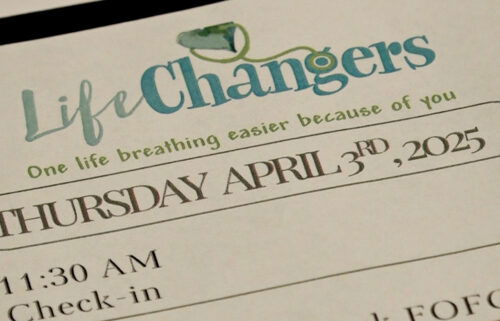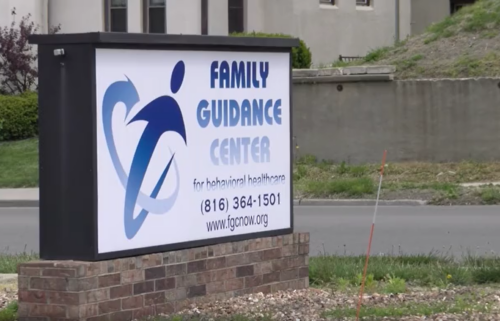Polarizing election brings mental health fallout
By Kyle Schmidt
A heated election season has people feeling plenty of emotions now that a winner has been declared.
Some are elated by the results.
“We were very excited when we saw Trump get ahead,” Bella Mahone said. “I kept waking up in the middle of the night checking the poll. I got up at 5 (a.m.) and he had won so I was pretty excited about that.”
Others are having an opposite reaction.
“I was very disappointed. The day after, I woke up with a heavy heart,” Brianna Hayes said. “I felt sick to my stomach.”
Scrolling through social media, talking to others and news reports is leaving people on both sides of the divide reeling. Alexandria Peters, a licensed clinical social worker at Fisher Counseling, has some suggestions for those struggling with mental health issues in the aftermath of this election.
“Talking about what we can control and what we can do,” Peters said. “The things we can control are what are coping skills are, doing a lot of five sense works.”
That five-sense work she mentions is one way for individuals to ground themselves and lower anxiety. Peters explained how it works.
“Naming five things you can see, four things you can hear, three things you can feel, two things you can smell, one thing you can taste, trying to center yourself back in the room for that anxiety,” she said.
Although the disagreement does not have to result in anger, passionate beliefs can lead to heated discussions. But it can be hard to talk with someone that has opposing views.
“It’s OK to say ‘I don’t feel like having this conversation right now’ respectfully and walking away,” Peters said. “You have to protect your safety first and emotional safety is a big part of that. If you’re not ready to have that conversation, you’re not ready to have that conversation.”
Being kind and respectful to others is another way to lower the political temperature on both sides.
Erin Fiala said people have to look at the bigger picture and see their different perspectives.
“I feel like there could be some kind of agreement if people compromise and stop being hard-headed,” she said. “Maybe be empathetic and see from other people’s perspective not just one way.”



